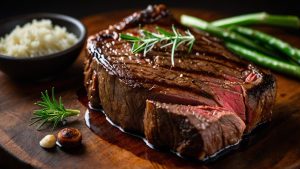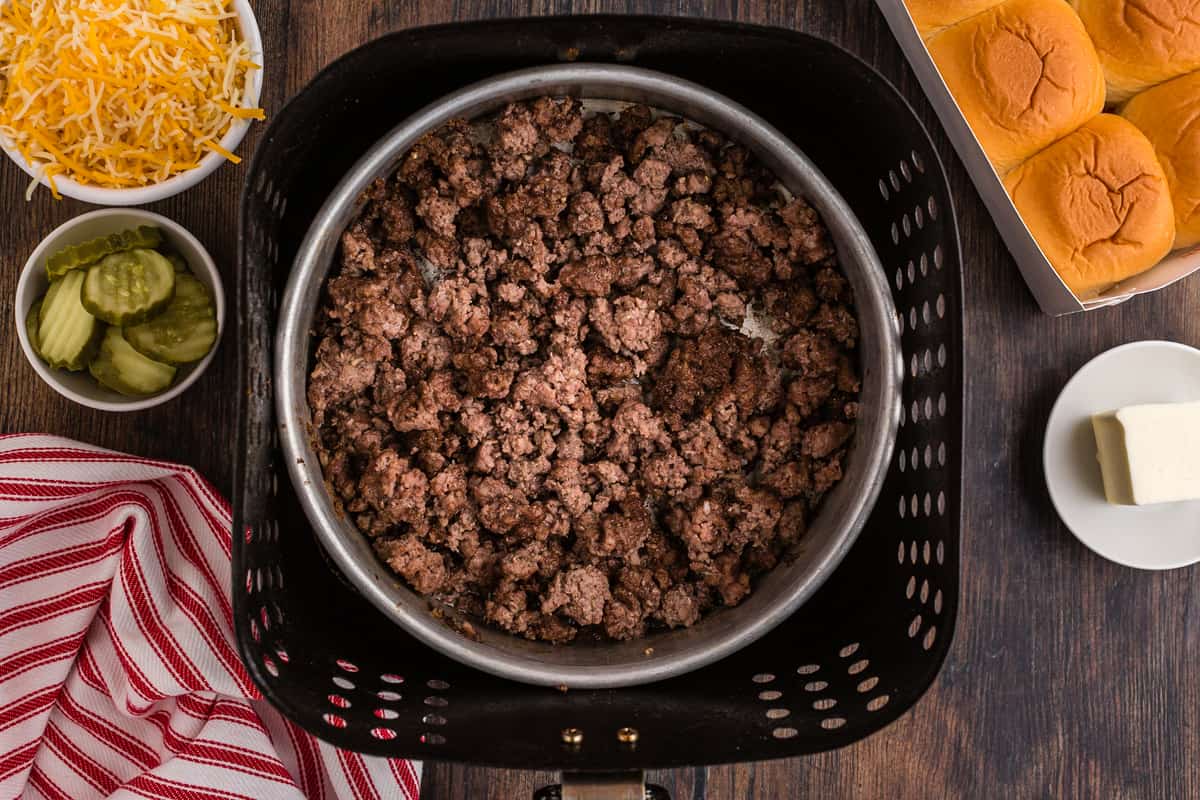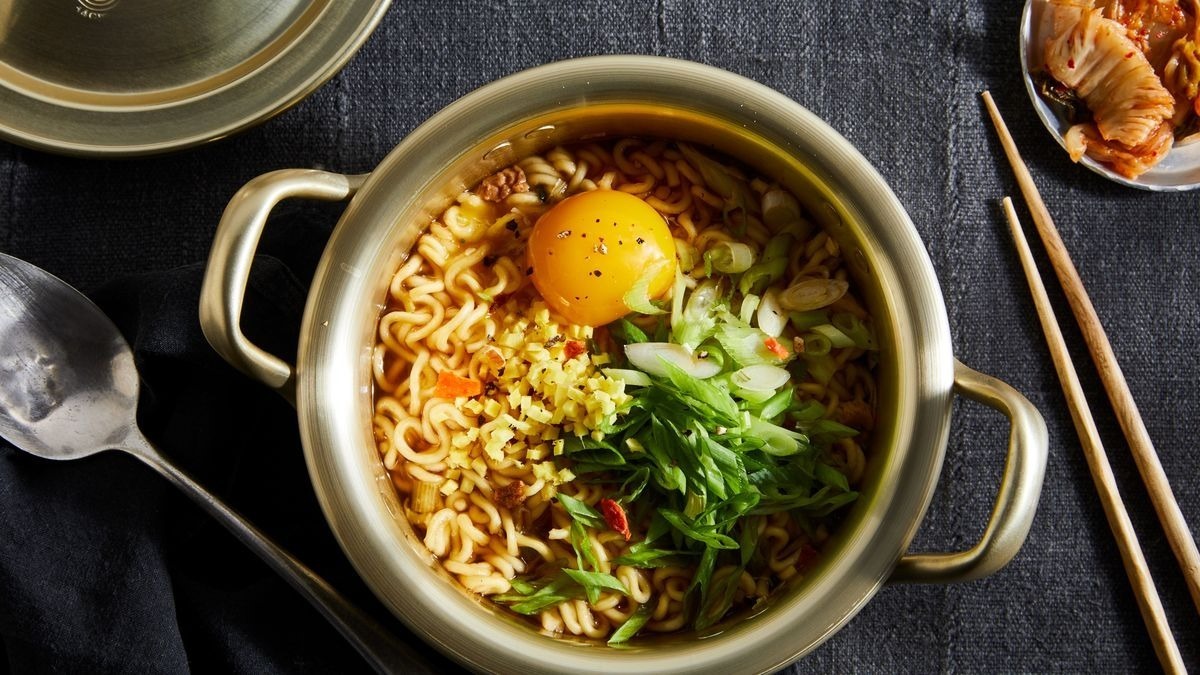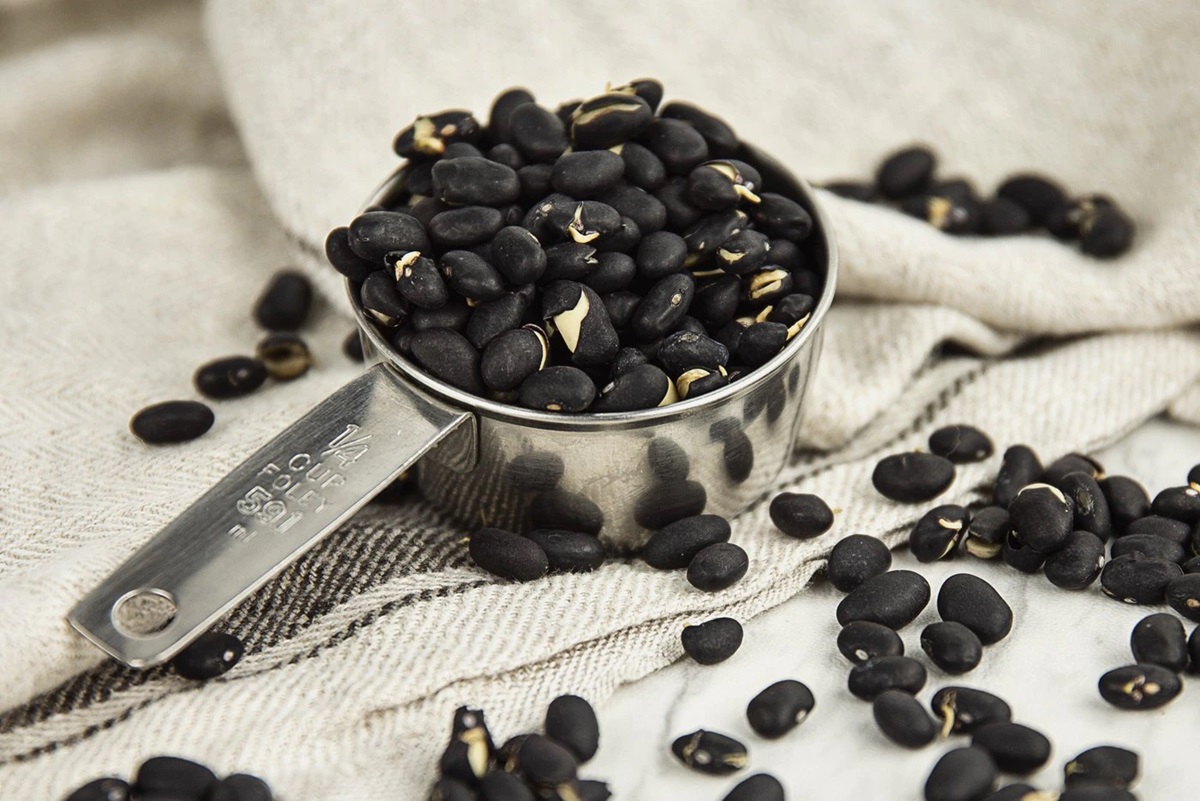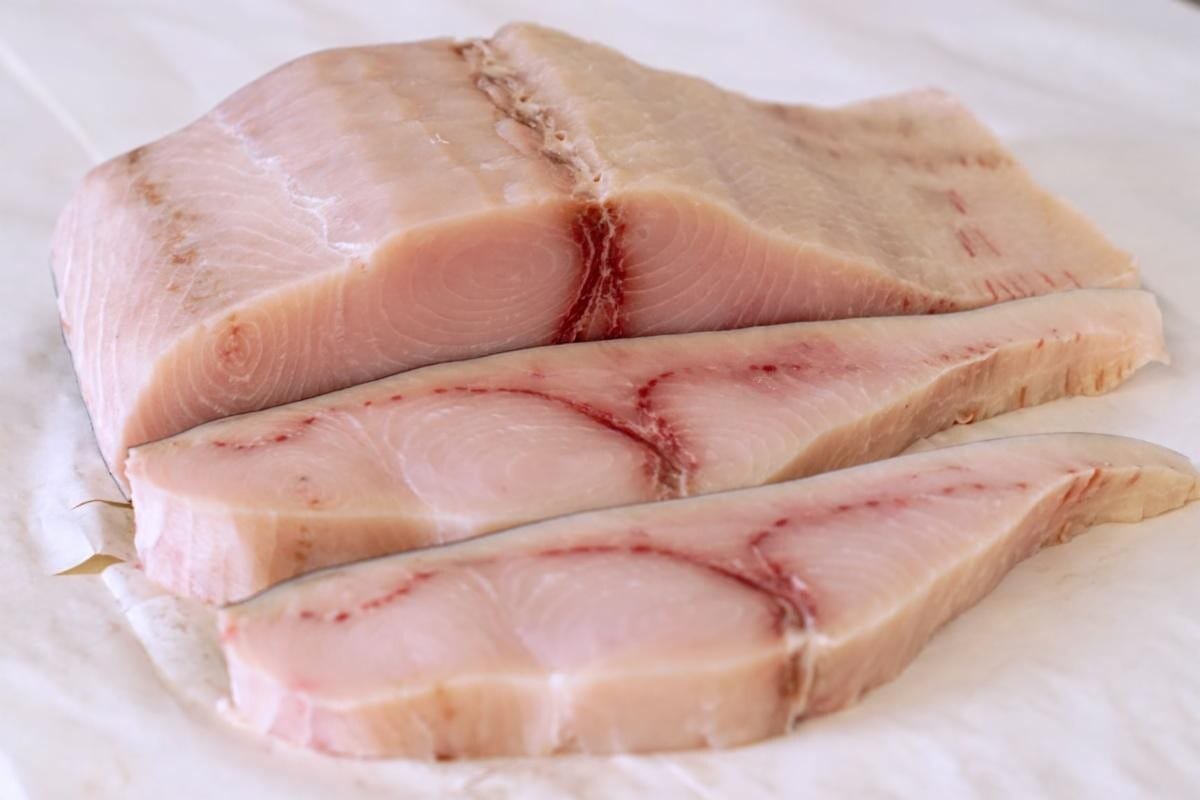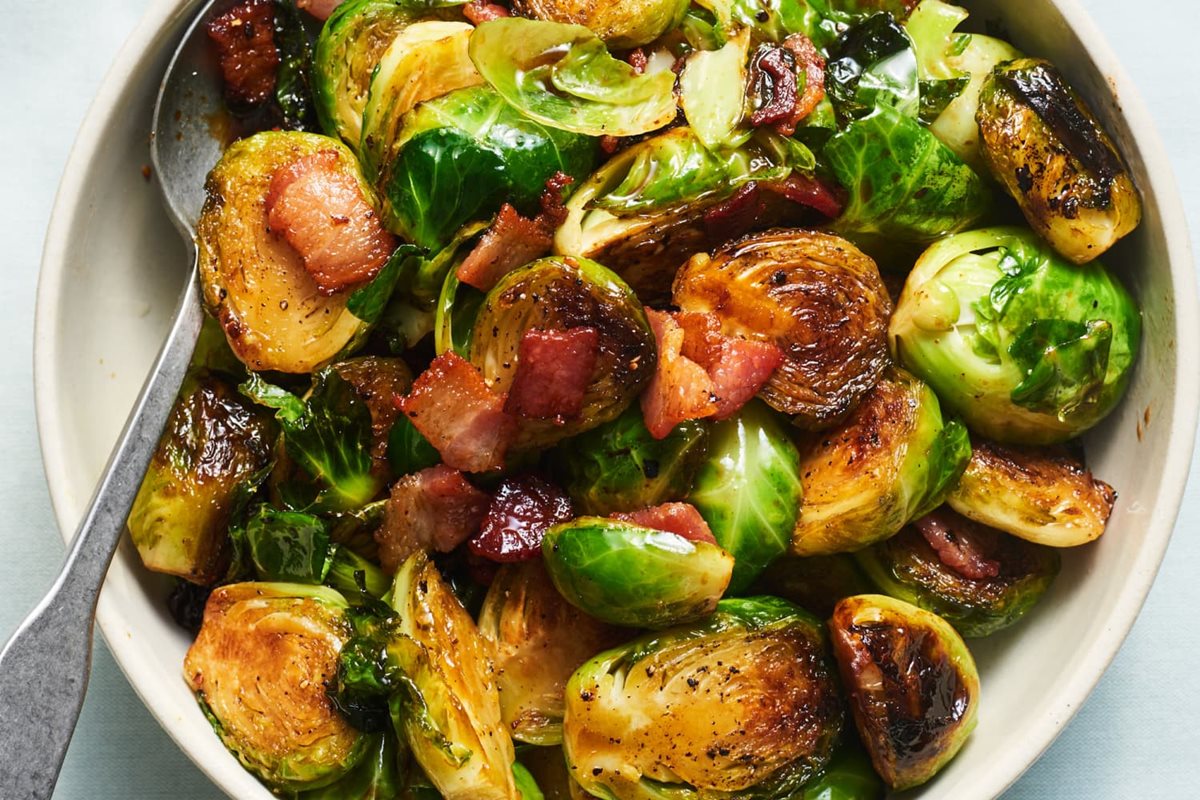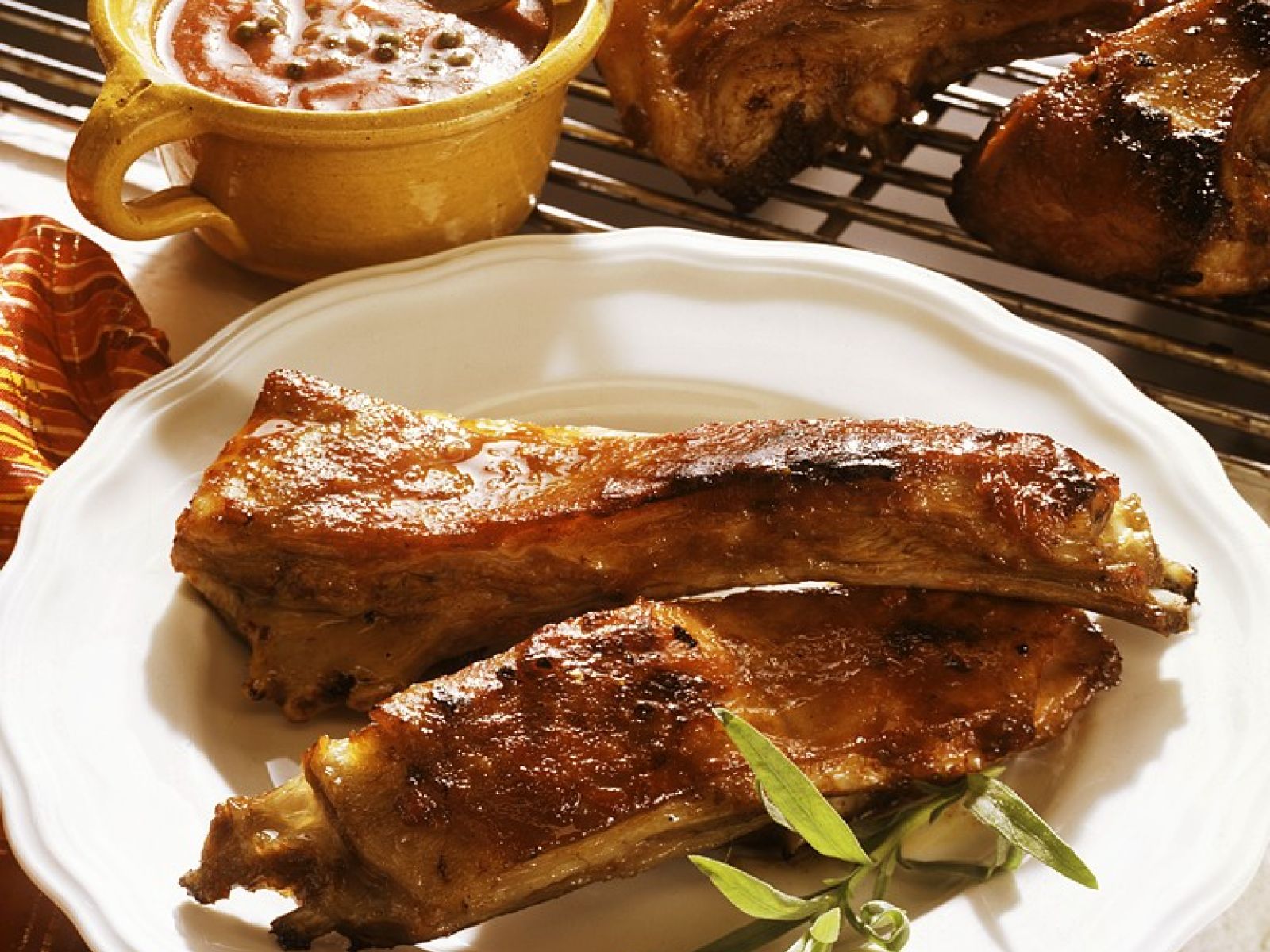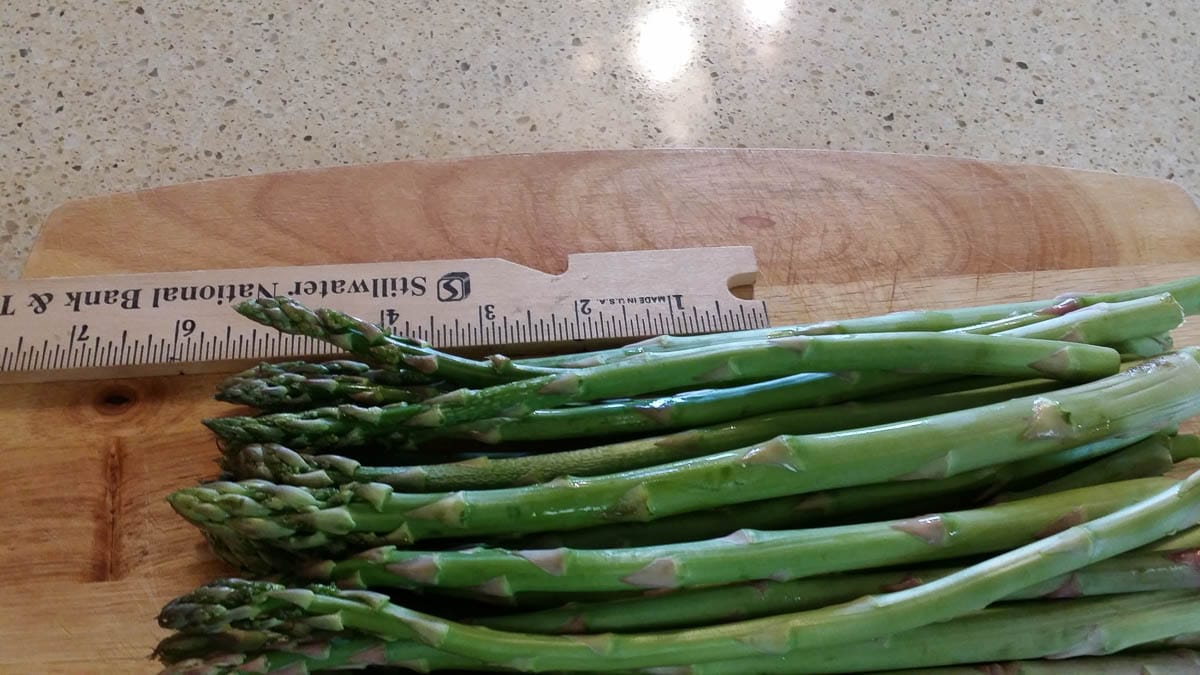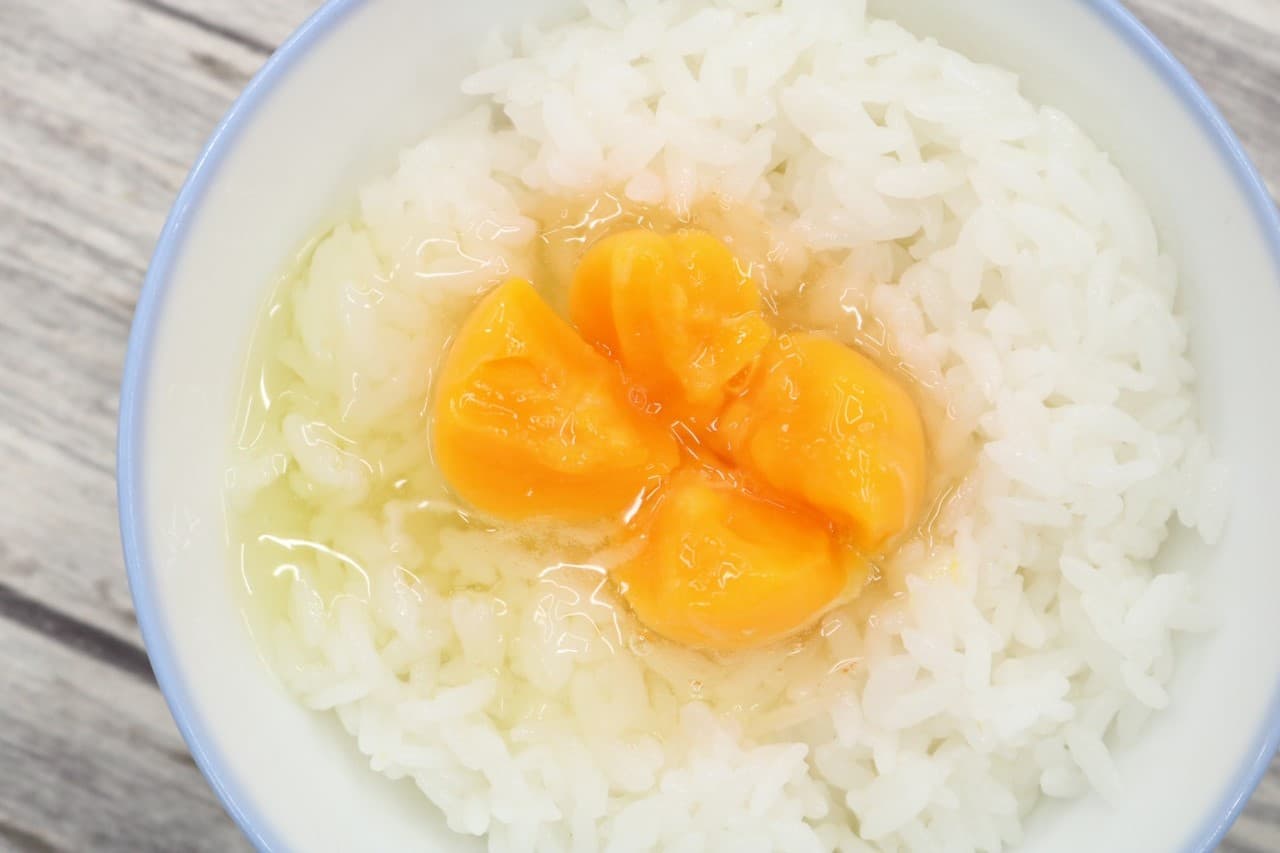Wholesome and Delicious: Carrots for your Feline Friends
Gone are the days when cats were confined to a diet of just fish and meat. As responsible pet owners, we seek to provide our furry friends with a well-balanced and nutritious diet. That’s why it’s essential to introduce a variety of foods into their meals, including vegetables.
One such vegetable that can benefit your feline companion is carrots. Yes, you read that right! Carrots are not only safe for cats to eat, but they also provide numerous health benefits. However, it’s important to note that cats are obligate carnivores, meaning their diets should primarily consist of meat. Carrots should only be offered as an occasional treat or an addition to their regular meals.
Why Carrots?
Carrots are packed with essential nutrients that can contribute to your cat’s overall well-being. Here are some reasons why carrots can be a healthy addition to your cat’s diet:
- Rich in Vitamin A: Carrots are an excellent source of vitamin A, which is vital for maintaining good vision, immune function, and healthy skin for your feline companion.
- Digestive Health: The high fiber content in carrots can help regulate your cat’s digestion and prevent constipation.
- Chewing Benefits: Chewing on carrot sticks can help keep your cat’s teeth clean by reducing plaque buildup and promoting gum health.
- Hydration: Carrots have a high water content, which can contribute to your cat’s overall hydration.
Preparing Carrots for your Cat
Before serving carrots to your cat, there are a few important steps to take to ensure their safety:
- Choose Organic: Opt for organic carrots whenever possible to minimize exposure to harmful pesticides and chemicals.
- Cut into Bite-sized Pieces: To prevent choking hazards, cut the carrots into small, manageable pieces that your cat can easily chew.
- Cooking Methods: Cats can enjoy carrots both raw and cooked. Some cats may prefer a slightly steamed texture, while others may enjoy the crunchiness of raw carrots. Experiment to see which your feline friend prefers.
Introducing Carrots to your Cat
When introducing carrots to your cat’s diet, it’s essential to start slow and observe their reaction. Some cats may take to the taste of carrots immediately, while others may need some time to adjust. Here’s how you can incorporate carrots into their meals:
- Mix with Regular Food: Gradually introduce small amounts of finely grated or pureed carrots into your cat’s regular diet. This will allow them to become familiar with the taste and texture.
- Carrot Treats: Offer small carrot sticks as a healthy, low-calorie treat. Remember to monitor portion sizes and not exceed the recommended amount.
While carrots are generally safe for cats, it’s crucial to consult your veterinarian before making any significant changes to your cat’s diet, especially if they have any underlying health conditions.
Conclusion
Adding carrots to your cat’s diet can provide an array of health benefits while diversifying their meals. Remember to offer carrots in moderation and as part of a balanced diet. And always listen to your cat’s preferences and monitor their reaction to ensure they enjoy this new addition to their culinary repertoire!
Was this page helpful?
Read Next: How To Cook Kluski Noodles
